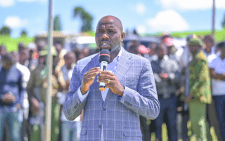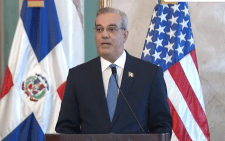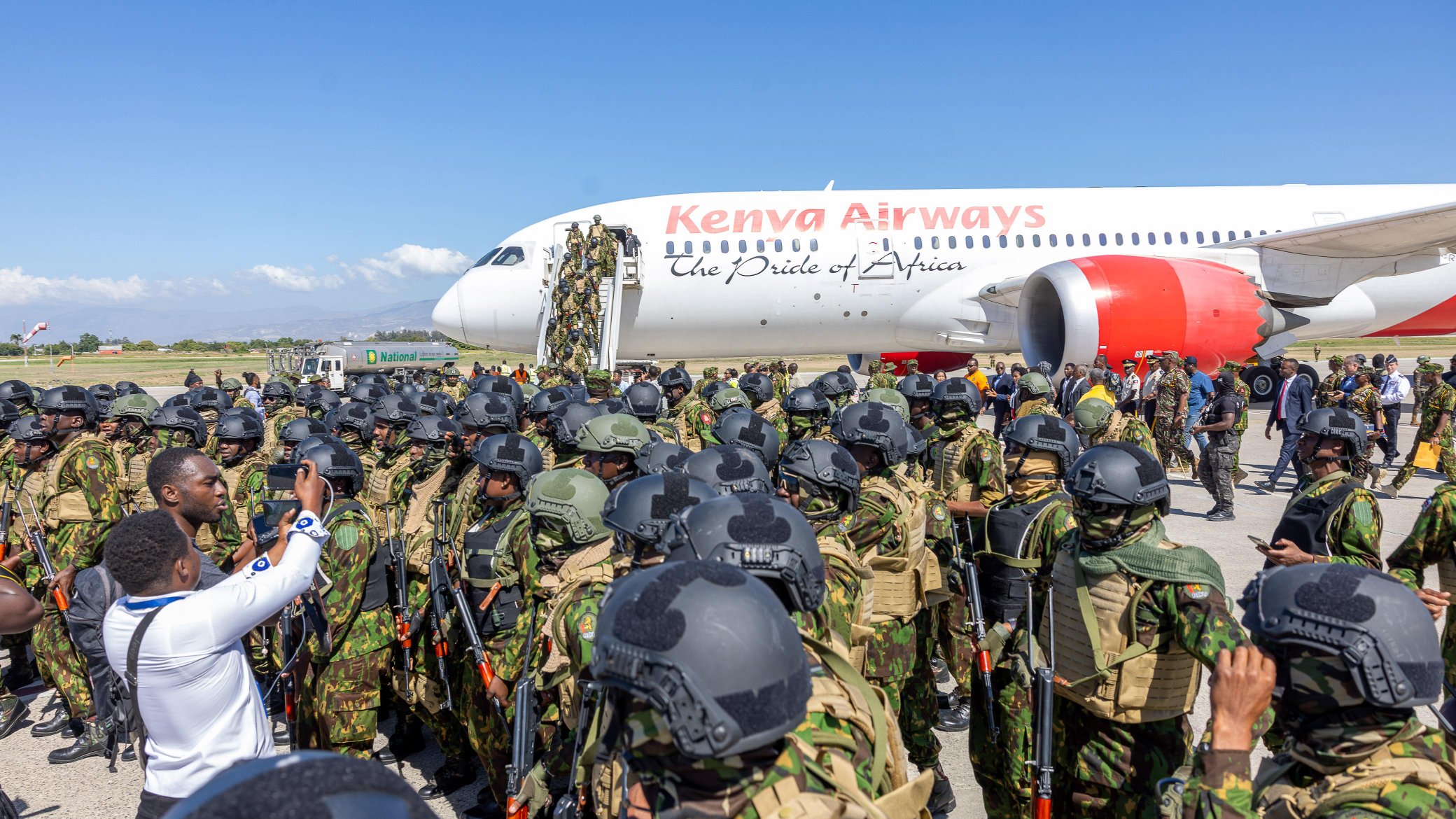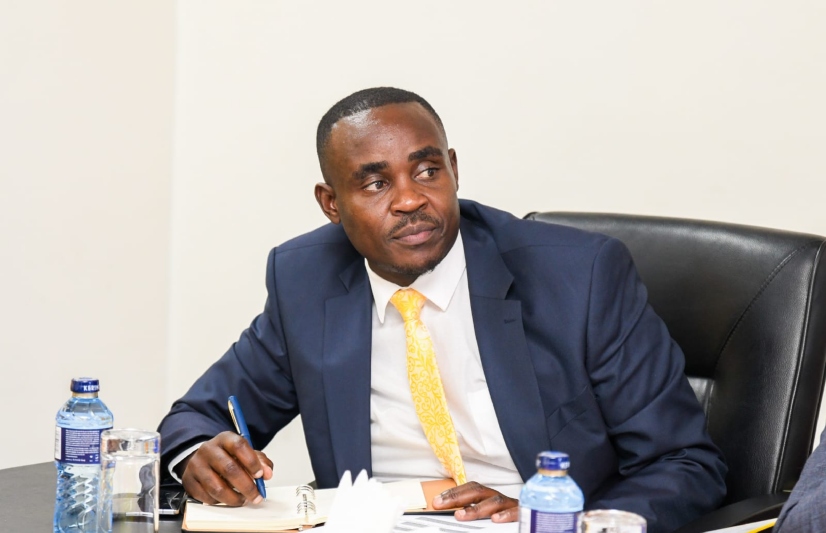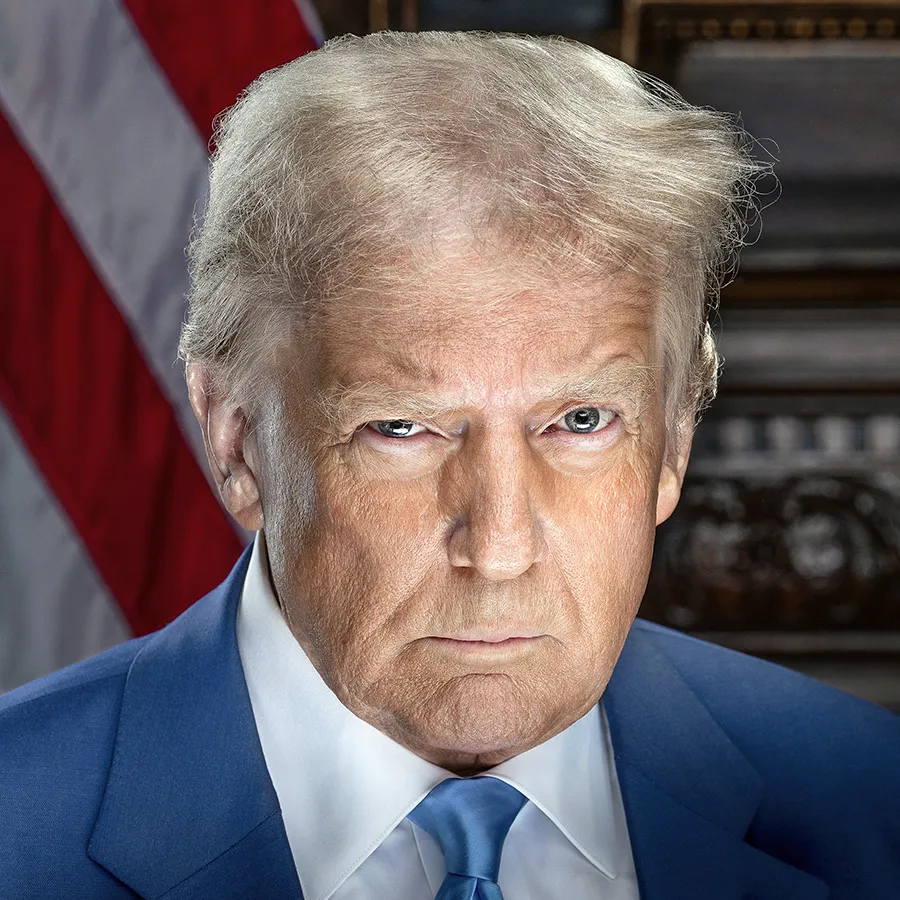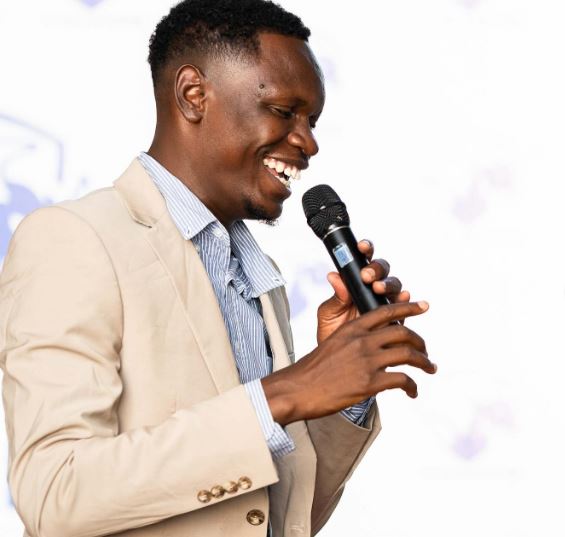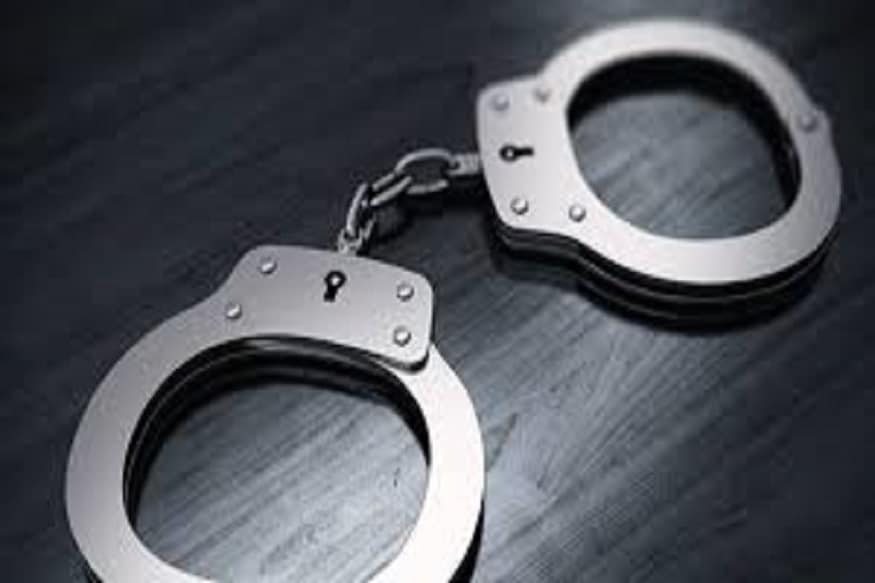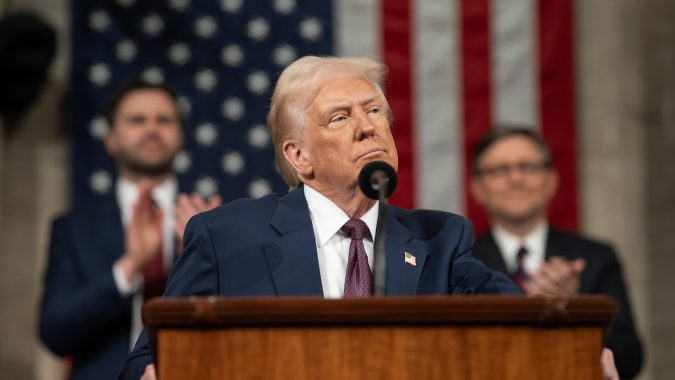CS Kindiki gives update on deployment of Kenyan police to Haiti
Kenya-led Haiti Mission is in the pre-deployment phase, Cabinet Secretary for Interior and National Administration Kithure Kindiki has announced.
Speaking on Monday, March 11, 2024, Kindiki announced that the mission, which has received criticism from a section of Kenyans, is still on cause.
“There was a small court matter (which) has been resolved. The court said we needed to have a reciprocal agreement with Haiti. That reciprocal agreement has already been signed about a week ago. We are now in the pre-deployment stage. All the other programmes are in place including the status of forces agreement and the laws on detention, arrests and other enforcement measures. The standard operation procedures are in place,” Kindiki stated.
Kindiki defended the deployment saying the Kenyan officers would be part of a multi-national force which will be deployed in Haiti to restore peace.
“Kenyan police officers will be part of the multi-national security mission in Haiti. Kenya is the lead nation but there are so many other countries that have pledged to contribute troops. This came from the mandate of the United Nations Security Council so it is part of our national obligations,” he added.
Opposition to the Haiti mission
On Monday, government critic Makau Mutua warned that many police officers who will be deployed in the Caribbean country could come back in bodybags.
Mutua insisted that the United States of America, which borders the country disturbed by gangs, should have taken the lead role in restoring peace in the country.
“I agree that Africa, including Kenya, needs to help Haiti restore a functional state. But America, the mightiest state in the history of the world, sits next to Haiti. It knows Haiti well. And it’s partially responsible for Haiti’s intractable problems. It hosts Haiti’s largest diaspora, and therefore knows Haiti very well, including Creole, the language,” Mutua stated.
“In total contrast, Kenyans know next to nothing about Haiti, not even the language. Kenya is biting more than it can chew by offering to lead the multinational force to Haiti. Kenya’s police have many challenges, including a lack of adequate training and ethics. They will be sitting ducks in Haiti. Many may come back in bodybags given the viciousness of Haiti’s notorious and extremely well-armed gangs which control 90% of the country.”
Mutua believes the disturbed country needs transformation rather than policing to solve its internal problems.
“Even if Kenya sends a contingent of police to Haiti, the Americans must lead the mission. I know much more about Haiti than virtually any Kenyan. My advice — tread very carefully. The country’s problem isn’t policing. It needs total transformation,” Mutua added.
Violence in Haiti
Violence in Haiti has been orchestrated by several street gangs who have access to powerful weapons, threatening the collapse of the country.
Over the weekend, heavily armed gangs attacked the National Palace in the capital Port-au-Prince, and also set part of the Interior Ministry on fire with petrol bombs.
The gangs also attacked the international airport, which remains closed to all flights – including one carrying Prime Minister Ariel Henry.
Last year, more than 8,400 people were reported killed, injured or kidnapped, more than double the number reported in 2022.

The latest outbreak of violence, which over the weekend saw almost 4,000 inmates released from the country’s main prison, has led to Haiti being described as a ‘failed state’ by the US envoy to the country.
BBC reports that with no prime minister and a government in disarray, the gangs’ power over the capital is near absolute.
It is reported that the gangs control more than 80 per cent of Port-au-Prince and the country’s most notorious gang leader, Jimmy “Barbecue” Chérizier has again told the prime minister to resign.
“If Ariel Henry doesn’t step down and the international community continues to support him,” he said last week, “they will lead us directly to a civil war which will end in genocide.”
Haitian officials have been pleading for months for international assistance to help their overwhelmed security forces, as gangs push beyond the city and into rural areas. The gangs are often better armed than Haitian police.
